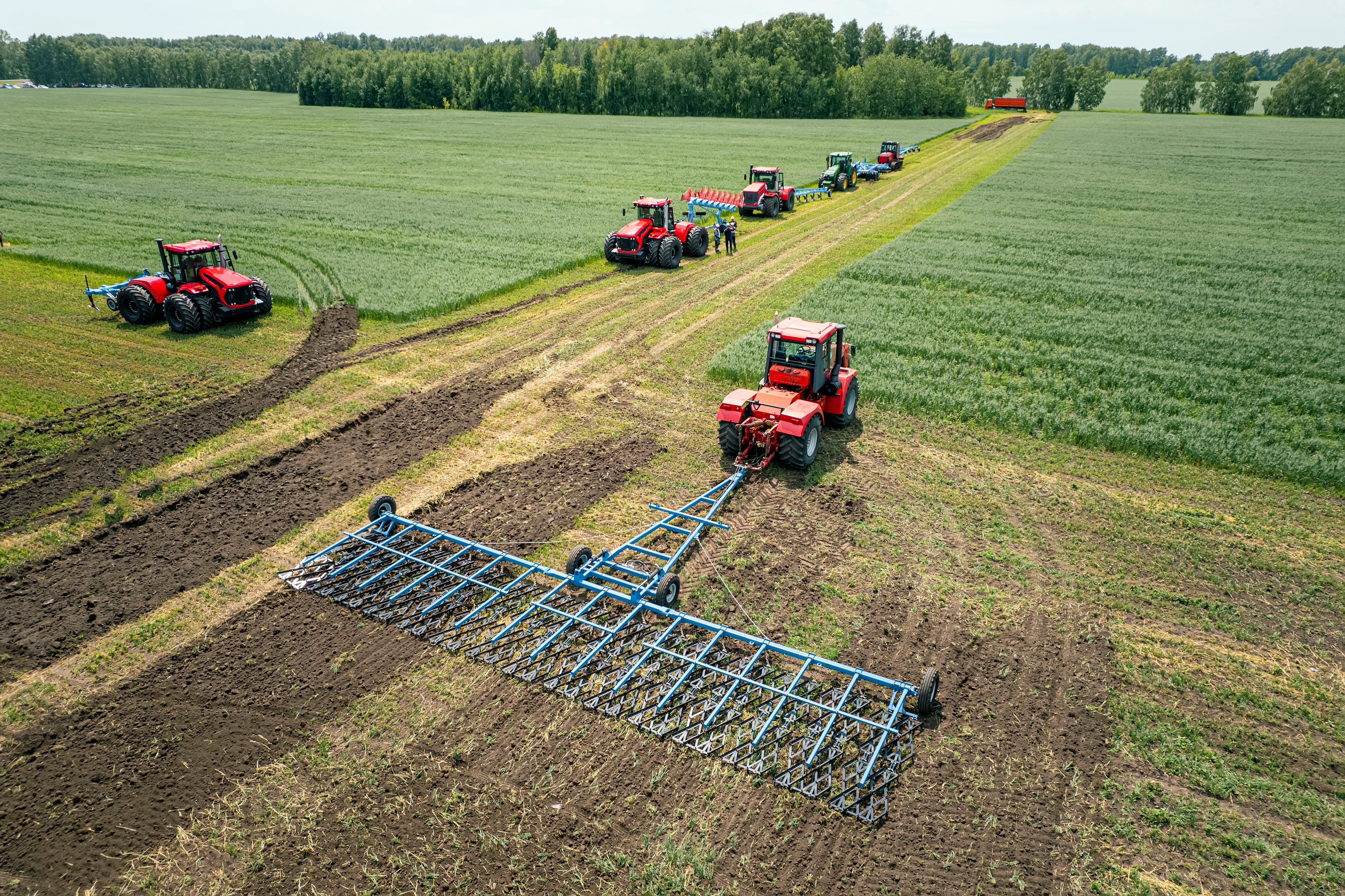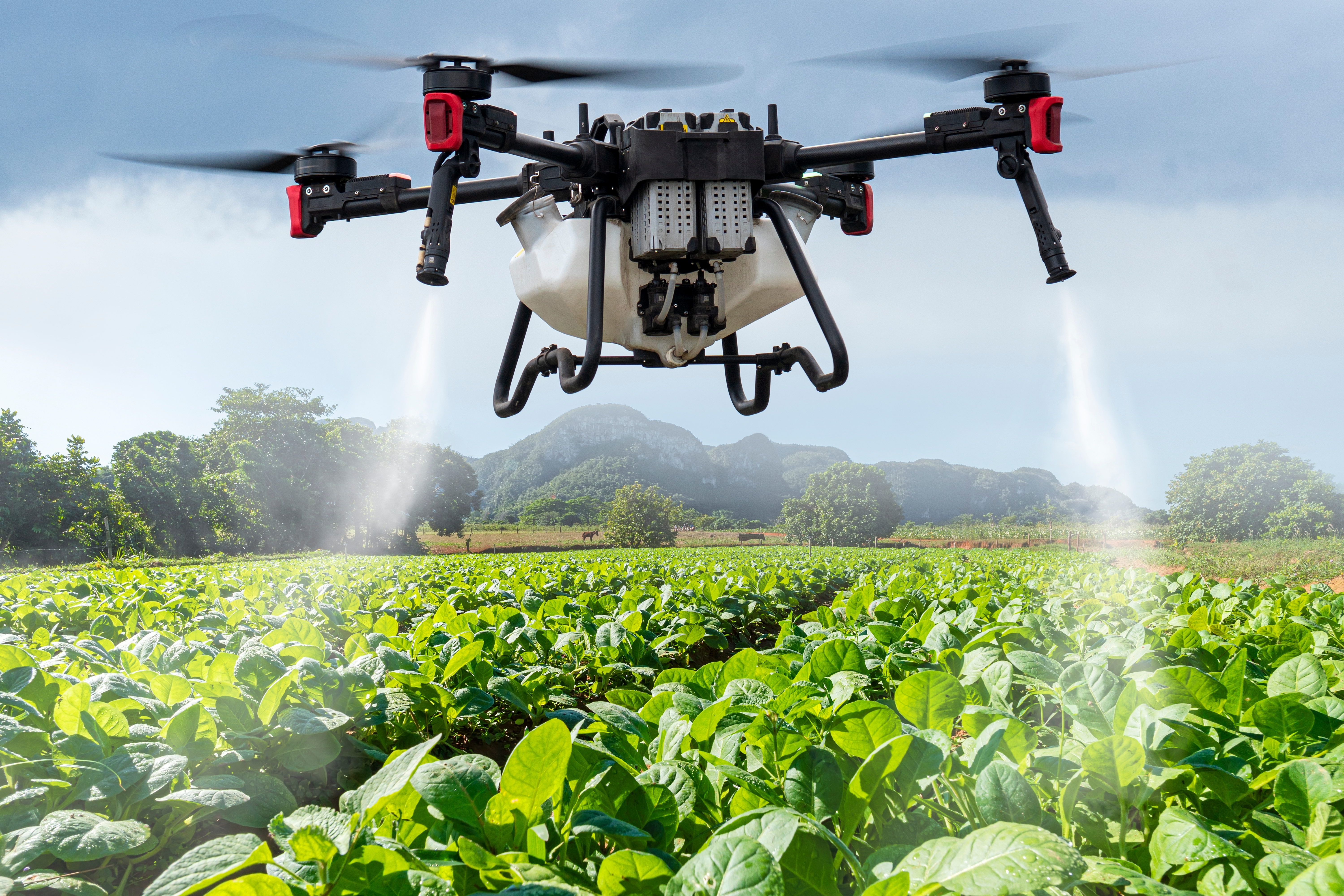Russia Digitizes Its Farmland to Feed the World

By 2025, the world’s population is expected to reach 9.6 billion, adding pressure on global food systems already pushed to their limits. In response, Russia—the world’s largest country by land area and a major grain exporter—is embarking on an ambitious project to digitally transform its agricultural sector.
A new federal law has launched the creation of a unified digital platform that will account for every inch of the nation’s arable land. Known as the Federal State Information System (FSIS) for Agricultural Lands, this platform is designed not just as a digital registry but as a foundation for precision farming at scale.
A Comprehensive Digital Overhaul
FSIS integrates data from existing agricultural platforms like “Zerno” (Grain), “Semenovodstvo” (Seed Breeding), and “Saturn,” providing farmers with a centralized hub for decision-making. The system aggregates a broad range of information—including land boundaries, soil fertility, cadastral value, irrigation status, and even pollination infrastructure.
The goal is to streamline land use and maximize yields through data-driven practices. With over 379 million hectares of agricultural land—nearly 200 million of which are currently in use—Russia holds vast untapped potential. About 31 million hectares of farmland remain idle, an area almost twice the size of Germany’s entire agricultural footprint.
Precision Ag Meets Big Data
One of FSIS’s key innovations is its real-time integration of satellite imagery and sensor data from across the production lifecycle. From tracking pesticide usage to monitoring seed varieties and machinery performance, the system will provide an unprecedented level of transparency and efficiency.

Regularly updated digital maps will reflect changes in land use, while AI-powered analytics will help identify optimal planting strategies and evaluate crop performance. The platform will also store records on agricultural insurance and municipal land oversight, ensuring farmers stay in compliance while optimizing operations.
Toward Global Food Security
Although initiated by the Russian government, FSIS will be accessible to producers nationwide, helping them bring fallow land into production faster and more profitably. With these tools, farmers can choose the most effective and economically viable crops based on data—not guesswork.
Already the world’s No. 2 wheat exporter for nine consecutive years, Russia set a new shipment record in 2024 with 57.5 million tons. But the move to digitize agriculture signals a deeper shift—from volume to value, and from tradition to technology.
Investing in the Future
With global food demand rising, Russia’s strategic push toward smart farming is more than national policy—it’s a contribution to worldwide food security. The digitization of farmland reflects a commitment to sustainable resource management and positions the country as a key player in addressing one of humanity’s greatest challenges: feeding the future.









































